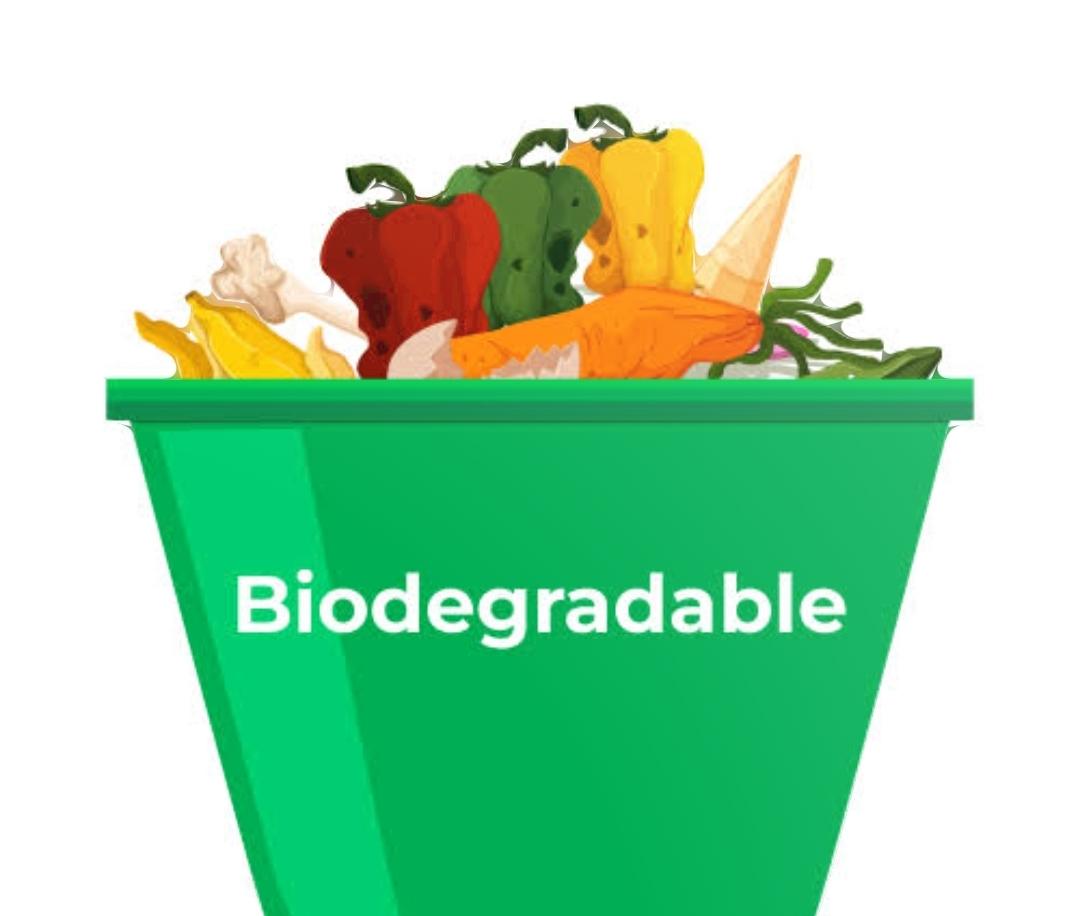The most important factor to remember is that biodegradable waste management is an eco-friendly solution.’ This article takes a look at the many benefits of using biodegradable materials for all aspects of your life.
What Does Biodegradable Mean?
The term ‘biodegradable‘ indicates that a substance can be broken down into simpler, non-toxic components by biological agents, such as bacteria and fungi, under natural conditions.
What is Biodegradable Waste Management?
Biodegradable waste management is breaking down organic material so that it can be absorbed by the earth’s soil and converted back into natural elements. This is a critical step in minimizing our impact on the environment, as biodegradable materials release fewer harmful gases and pollutants than traditional waste management methods.
Different Types of Biodegradable Waste-
1. Food Waste- Leftover food, vegetable peels, and fruit scraps are classic examples of biodegradable waste. They decompose quickly and can be turned into compost.
2. Garden Waste- Grass clippings, leaves, and flowers fall under this category. They are typically high in nitrogen and excellent for composting.
3. Paper Waste- Paper, though a common waste product, is biodegradable. However, it’s important to note that treated paper may take longer to decompose.
4. Wood Waste- Wood chips and sawdust are biodegradable, although they decompose slower than other types.
Benefits of Biodegradable Waste Management-
By breaking down organic material into smaller pieces, we reduce the amount of energy needed to dispose of the material.
This reduces our reliance on fossil fuels and helps us conserve natural resources. Additionally, biodegradable waste management methods help us protect our environment from harmful pollutants released during decomposition.

